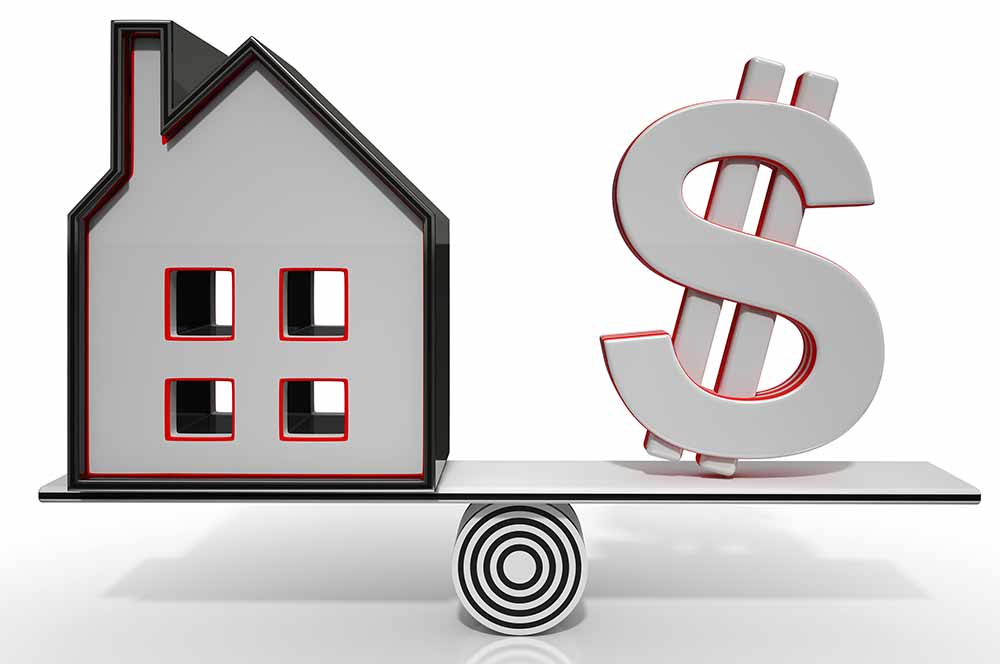When mortgage rates start dropping, everyone wants to refinance their mortgage. Refinancing is replacing your current mortgage with a new loan. Typically, homeowners refinance to get a lower mortgage interest rate, but there are many other factors to consider when planning to refinance your home loan.
What to consider when refinancing
Equity: How much do I have?
Even when a refinance makes sense in your particular situation, you’ll still have to qualify. Just because you have a home and you’re making timely payments doesn’t guarantee you’ll be able to refinance your loan. Several factors are considered to determine if you are eligible for a mortgage refinance, primarily:
- The amount of equity you have in your home-Equity refers to the amount of the home that you own outright. That is the amount you would get if you sold today, less the amount left on your mortgage.
- Your income-Your income is used to determine your debt to income ratio (DTI). DTI is the total monthly debt payments divided by the gross monthly payments to repay the loan. The lower the DTI, the more likely you are to make your loan payments.
- Your credit-Your credit score is a number between 300-850 that is used to determine creditworthiness. The higher the credit score, the better the chances of getting approved for a loan.
When refinancing, you will go through the loan process just as you did when you first bought your home. The lender will require a complete application with supporting documentation and, in most cases, a new home appraisal. It may be necessary for the lender to confirm the value of the property. You will have to verify your income to reaffirm you can afford your monthly payments and that you’re still creditworthy.
How much should I be able to save to make it worth it?
Deciding the right time to refinance is not a minor decision. Figure out your total costs, new monthly payments, and the expected savings. Generally, a savings of $100 per month is a commonly used figure. For many homeowners, an extra $1200/year is a lot of extra cash.
Can I afford closing costs?
The perfect time to refinance is the time that works best for your personal goals and financial circumstances. Closing costs can sometimes be up to 3-6% of the loan amount, so you want to ensure the money you’ll be saving with a lower interest rate is greater than the amount you’re parting with to refinance.
How long will I stay in my home?
Experts recommend refinancing your mortgage if you’re planning on staying in your home for two or more years. If you plan to sell your house shortly, now might not be the best time to refinance. The reason being the closing costs can be 3-6% of the loan amount, so you would want to stay in the home long enough to recoup the expense.
For example, if your closing costs are $4,000 and your new payment saves you $200 a month, it will take 20 months to offset the closing costs.
Mortgage refinancing can save you money and lower your monthly payment. If you think now is the right time for you to refinance, contact one of our loan officers to learn more.





